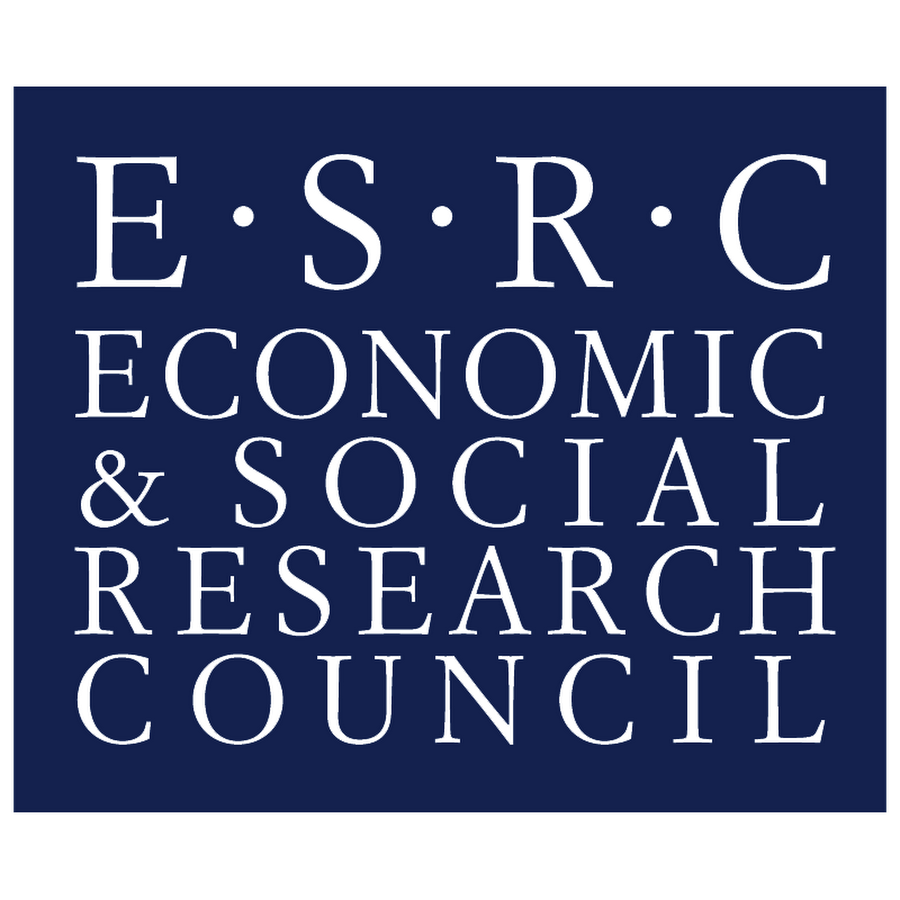Project Info
The ASTRID (Accessibility, Social justice and TRansport emission Impacts of TOD strategies) project seeks to investigate the causal mechanisms underlying disparity and social injustice in job accessibility and air quality in metropolitan areas, and the potential of transit-oriented development to promote social justice. This project is a joint collaboration between the University of São Paulo, the University of Twente and the University of Surrey, in the scope of the FAPESP-ESRC-NWO Joint Call for Transnational Collaborative Research Projects



Project Description
The growth and prosperity of cities and urban areas is propelled by advantages of agglomeration. These advantages however are not equally experienced by all members of the population, moreover the distribution is often not socially justified, as the groups that benefit from the higher density and better connections are not the same who experience the burdens such as congestion and poor air quality. This is a globally recurring issue, despite considerable differences between urban areas worldwide in terms of economic context, spatial planning and infrastructure provision. This research, within the call’s theme of social justice and the policy domain of infrastructure and built environment, will investigate physical and socio-economic processes that underlie the uneven distribution of urban outcomes. An international comparison of metropolitan areas in the UK, Netherlands and Brazil will take place to both identify universal drivers towards unjust outcomes and specific circumstances that can reduce or enhance existing social differences. In particular, the project will investigate the specific urban planning strategy of transit-oriented development (TOD) and its potential for delivering more equitable outcomes. This will be achieved through an international survey into job accessibility, population preferences and affordability in relation to transport and housing options; a dedicated measuring campaign targeting in-vehicle exposure to transport pollutants and advanced statistical and geographical information analysis. There are currently ambitious plans for TOD in São Paulo and the project will engage with stakeholders to target actual issues and allow the research to have a direct impact on social justice in São Paulo.
Study Areas
São Paulo
11.3 million inhabitants
London
8 million inhabitants
Randstad
7 million inhabitants
Objectives
- Increase the understanding in inequalities in job accessibility, exposure to transport emissions and potential health effects, and housing and land markets. We will achieve this through a review of existing concepts, theories and related methods; and the development of operational frameworks to analyse these aspects of social justice. Here, we organize a strong cross-fertilization in interdisciplinary collaboration by integrating analytical perspectives by project partners in varied academic fields (transport science, spatial economic theory, location choice theory, atmospheric modelling).
- Examine systematic dependencies between social justice in metropolitan regions and aspects of their infrastructure and built environment. Cities world-wide grow at different rates and are subject to different planning regimes and economic constraints, yet spatial and social disparities are globally ubiquitous. An international comparison is important, to identify universal processes as well as the mitigating or exacerbating role of aspects of transport infrastructure, spatial planning and socio-economic constraints. We examine three highly diverse metropolitan urban areas. We will undertake primary data collection using questionnaires to investigate the role of location and travel preferences in socially just outcomes. Furthermore we will undertake field experiments to investigate in-vehicle pollution profiles associated with transport modes and traffic situation. The results of this data collection, along with our existing capabilities in emission, transport and land use analysis will enable the development of high-resolution models capturing the emission-land use-transport nexus.
- Exchange knowledge and create a learning process with São Paulo stakeholders targeted towards spatial planning and transport policy strategies that promote social justice. We will collaborate with the municipality of São Paulo to organize a series of workshops that will help directing project objectives, methods and outputs to the views and needs of the municipality. The ASTRID project has keen interest as the São Paulo City Council recently approved an ambitious strategic master plan deploying TOD for more sustainable and equitable urban life (ITDP, 2014).